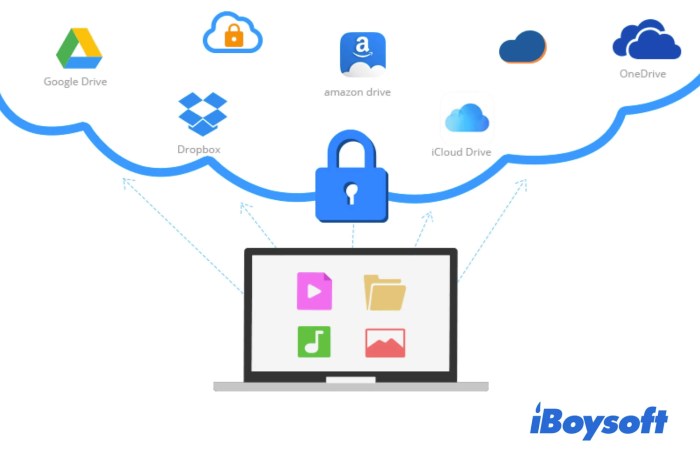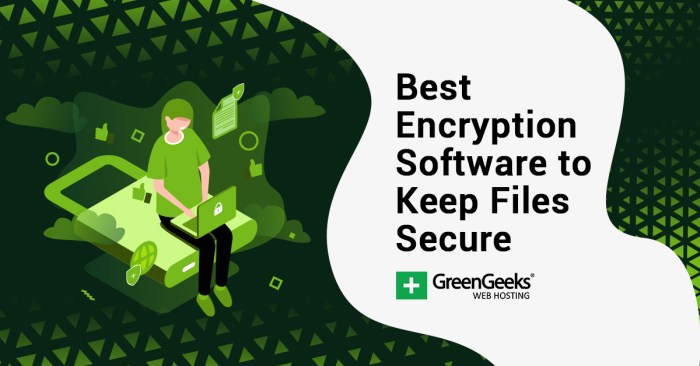In today’s digital landscape, data security is paramount. Whether you’re storing sensitive personal information, confidential business documents, or irreplaceable photos, protecting your data from unauthorized access is crucial. One of the most effective methods for securing data stored on physical discs (CDs, DVDs, Blu-rays) is through disc encryption. This comprehensive guide explores the best disc encryption software available, providing detailed information to help you choose the right solution for your needs.
We’ll cover various aspects, including features, compatibility, ease of use, and security protocols.
Understanding Disc Encryption and its Importance
Disc encryption is the process of scrambling the data on a disc, rendering it unreadable without the correct decryption key. This robust security measure prevents unauthorized individuals from accessing your sensitive information, even if they physically possess the disc. The importance of disc encryption cannot be overstated, particularly when dealing with:
- Confidential Business Data: Protecting trade secrets, financial records, and client information is vital for maintaining business integrity and complying with regulations like GDPR.
- Sensitive Personal Information: Protecting personal documents like tax returns, medical records, and financial statements is essential for preventing identity theft and fraud.
- Intellectual Property: Securing copyrighted materials, designs, and software code safeguards your creative work and prevents unauthorized distribution.
- Irreplaceable Photos and Videos: Protecting cherished memories from loss or unauthorized access is a crucial aspect of personal data security.
Factors to Consider When Choosing Disc Encryption Software
Selecting the right disc encryption software involves considering several key factors:
Encryption Algorithms:
The strength of the encryption algorithm directly impacts the security of your data. Look for software that utilizes robust algorithms like AES (Advanced Encryption Standard) with a key size of at least 256 bits. AES-256 is widely considered a highly secure standard.
Ease of Use:, Best disc encryption software
While security is paramount, the software should also be user-friendly. A complicated interface can deter users from properly encrypting their discs, negating the security benefits. Look for intuitive software with clear instructions and a straightforward workflow.
Platform Compatibility:
Ensure the software is compatible with your operating system (Windows, macOS, Linux) and the type of discs you intend to encrypt (CD, DVD, Blu-ray). Some software may only support specific disc formats or operating systems.
Password Management:
Strong password management is crucial. The software should allow for the creation of complex, unique passwords and ideally offer features like password generation and secure storage. Consider software with features like key file management for added security.
Choosing the best disc encryption software is crucial for data security. The level of protection offered often depends on the sophistication of the algorithms used, much like the advanced image processing techniques employed by a computer vision software development company in their projects. Ultimately, selecting the right encryption software hinges on your specific needs and the sensitivity of your data.
Cost and Licensing:
Disc encryption software comes in various pricing models, ranging from free open-source options to commercial solutions with various licensing options. Consider your budget and the features you require when making your decision.

Source: slideteam.net
Top Disc Encryption Software Options
While numerous disc encryption tools exist, several stand out for their combination of security, ease of use, and features. Remember that specific features and availability might change, so always check the software’s official website for the latest information.

Source: iboysoft.com
1. [Software Name A]
Description of Software A, including features, pros, cons, pricing, and a link to their website. Mention specific encryption algorithms used.
2. [Software Name B]

Source: greengeeks.com
Description of Software B, including features, pros, cons, pricing, and a link to their website. Mention specific encryption algorithms used.
3. [Software Name C]
Description of Software C, including features, pros, cons, pricing, and a link to their website. Mention specific encryption algorithms used.
4. [Software Name D]
Description of Software D, including features, pros, cons, pricing, and a link to their website. Mention specific encryption algorithms used.
Frequently Asked Questions (FAQ)
- Q: Is disc encryption necessary? A: The need for disc encryption depends on the sensitivity of the data being stored. For highly confidential information, it’s a crucial security measure.
- Q: Can I encrypt a disc without specialized software? A: While some operating systems offer built-in encryption capabilities, dedicated disc encryption software usually provides more features and robust security.
- Q: What happens if I lose my encryption key? A: Losing your encryption key renders the data on the disc irretrievably lost. It’s crucial to securely store your key.
- Q: What is the difference between software and hardware encryption? A: Software encryption uses software to encrypt the data, while hardware encryption uses a dedicated encryption chip. Hardware encryption is generally considered more secure.
- Q: Are encrypted discs compatible with all devices? A: Compatibility depends on the encryption method used and the capabilities of the playback device. Some encrypted discs might only be readable on specific systems.
Choosing the Right Solution for Your Needs: Best Disc Encryption Software
The best disc encryption software for you will depend on your specific needs and priorities. Consider the factors discussed above, including encryption algorithms, ease of use, platform compatibility, and cost. Research the different options, read reviews, and choose the software that best balances security and usability.
Conclusion
Protecting your data is crucial in today’s digital world. Disc encryption provides a robust layer of security for data stored on physical media. By understanding the various options available and choosing the right software, you can effectively protect your sensitive information from unauthorized access.
Call to Action (CTA)
Start protecting your valuable data today! Download a free trial of your chosen disc encryption software and experience the peace of mind that comes with knowing your sensitive information is secure.
Popular Questions
What is the difference between software and hardware encryption?
Software encryption uses software to encrypt data on the drive, while hardware encryption uses a dedicated encryption chip on the drive itself. Hardware encryption is generally considered more secure as it’s less susceptible to software vulnerabilities.
Can I encrypt an external hard drive?
Yes, most disc encryption software allows you to encrypt external hard drives as well as internal drives. The process is generally the same, but you’ll need to connect the external drive to your computer before initiating the encryption.
What happens if I lose my encryption password?
Losing your encryption password can result in irreversible data loss. It is crucial to securely store your password and consider using a password manager. Some software may offer recovery options, but these vary depending on the program.
Is disc encryption slow?
The performance impact of disc encryption can vary depending on the encryption method and hardware. While there might be a slight performance decrease, modern encryption methods are optimized to minimize this impact.
